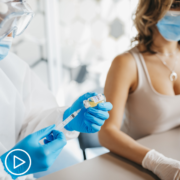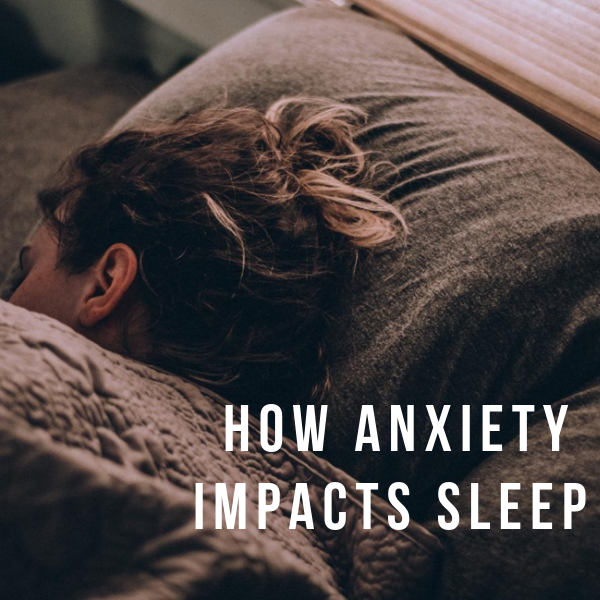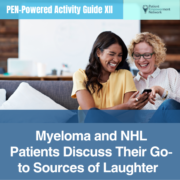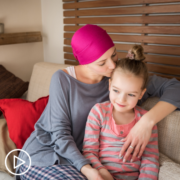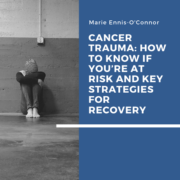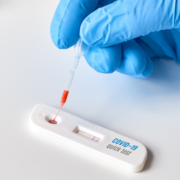What COVID-19 Vaccine Efficacy and Side Effects Do Cancer Patients Experience?
What COVID-19 Vaccine Efficacy and Side Effects Do Cancer Patients Experience? from Patient Empowerment Network on Vimeo.
What do cancer patients experience in COVID-19 vaccine side effects and effectiveness? Expert Dr. Shaji Kumar explains side effects reported in both cancer patients and non-cancer patients, what’s known about immune response from the vaccines, and current COVID-19 vaccine recommendations.
See More From the Best Care No Matter Where You Live Program
Related Programs:
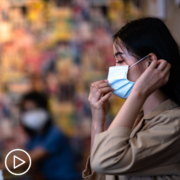
|
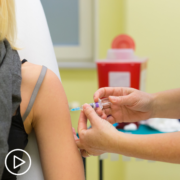
What Actions Should Cancer Patients in Treatment Take with COVID-19 Vaccination? |
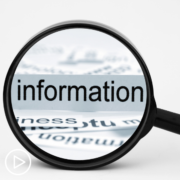
|
Transcript:
Jeff Bushnell:
For cancer patients who have tested positive for COVID, are there notable consistencies amongst that group of people, and have we learned anything from those patients yet about maybe their chances of getting it more, or their reaction to it?
Dr. Shaji Kumar:
We know that there’s a wide spectrum of reaction to the vaccine. The majority of the people would not notice any symptoms related to that except for some pain at the injection site. There are some folks, number of people who might have more or just myalgia, muscle pains, just feeling fatigue, some low-grade fevers, just feeling blah for 24-48 hours, and it seems to be not too uncommon. The reactions to the vaccine in terms of the side effects or the symptoms, there doesn’t appear to be much of a difference between cancer patients and normal individuals. Now, in terms of the efficacy of vaccination, there’s going to be a wide variation in terms of how strong an immune response one might develop against vaccines. We know from, not necessarily the COVID vaccine, but the vaccinations that have been used in the past, whether it be flu vaccines or pneumococcal vaccines, that we all get patients with cancer or patients going through treatment for cancer that can suppress the immune system, tend to have a lower response. But again, that varies quite widely from patient to patient now, there are some vaccines where we can clearly look at the antibody response and say, “Oh, this is not adequate, and we need to maybe give an extra shot.”
We just don’t have that information for COVID vaccines yet. So the way I would look at it is, even though the response in a given person might be less than what we eventually would identify to be optimal, it’s likely to be better than not having the vaccine, so I would encourage obviously, everybody to get the vaccine. Now, what about someone who has already had an infection, what would be the response? Should we vaccinate those people? We certainly should. Again, we don’t know the immunity from a natural infection, how long would that last? That is still something that is unknown, and the vaccination dose is likely to make the responses more relevant and more durable, so I would recommend the vaccines for everyone. We don’t think one vaccine is any different from another in terms of your underlying cancer or lack thereof. So in terms of assessing for the antibodies, there is no clear guideline in terms of what one should anticipate from the vaccine, so there is really no way to say, check the antibody, and they can go ahead and get one more dose or you’re fully vaccinated. So I think the bottom line is, get the vaccine, you don’t need to necessarily test for a response, and then we continue with the usual measures for prevention

